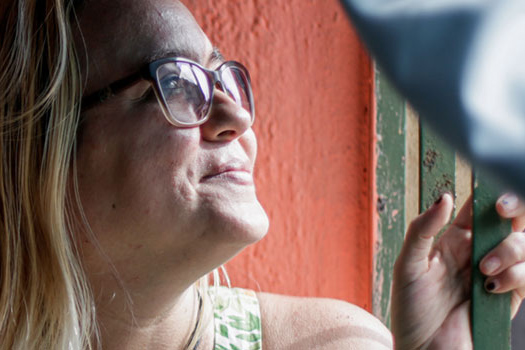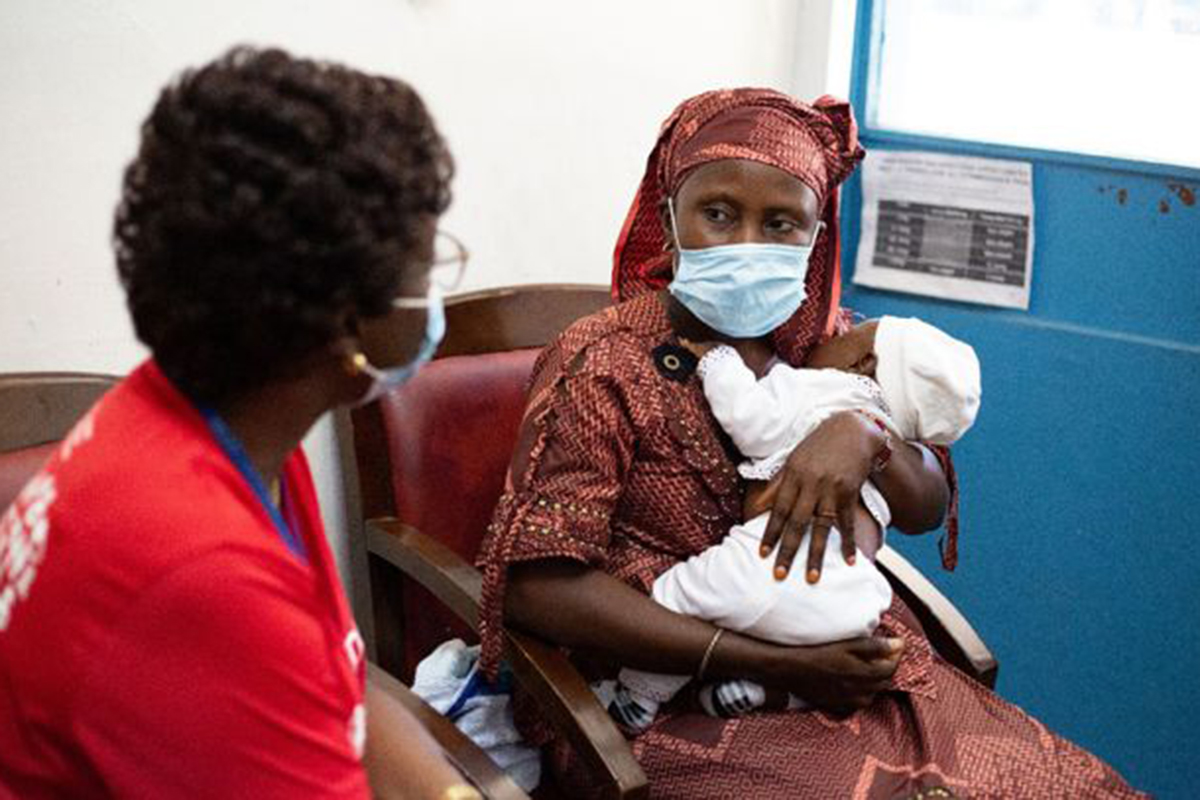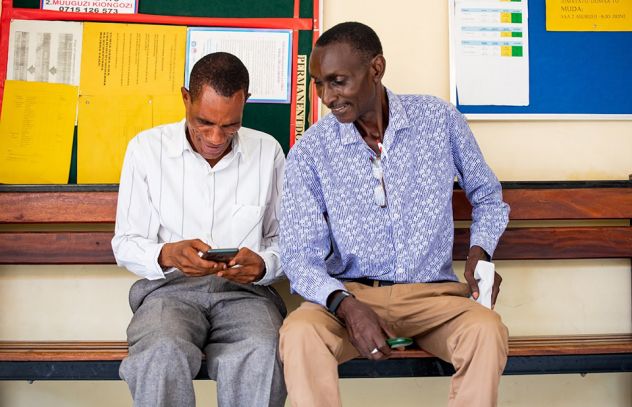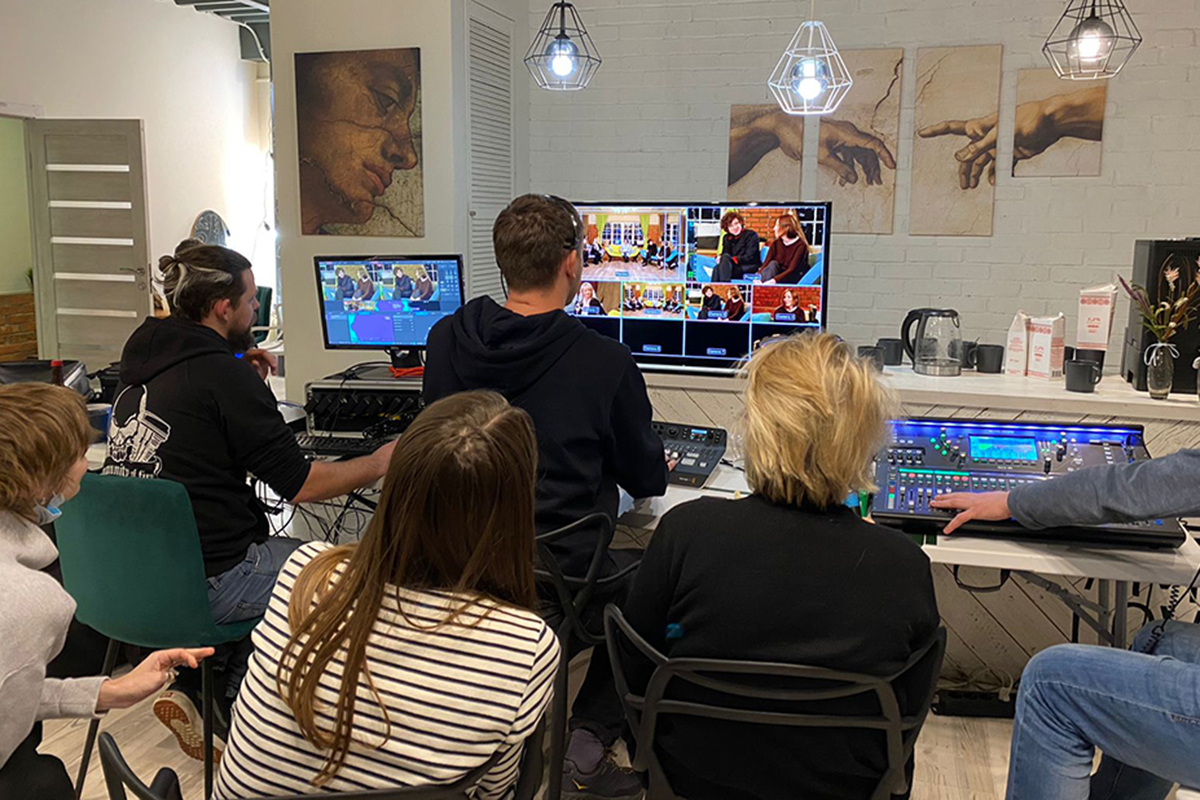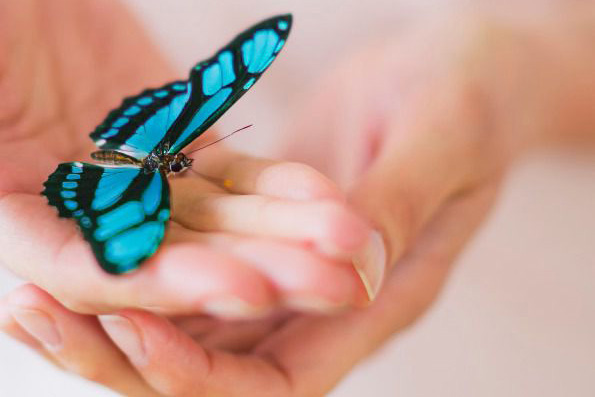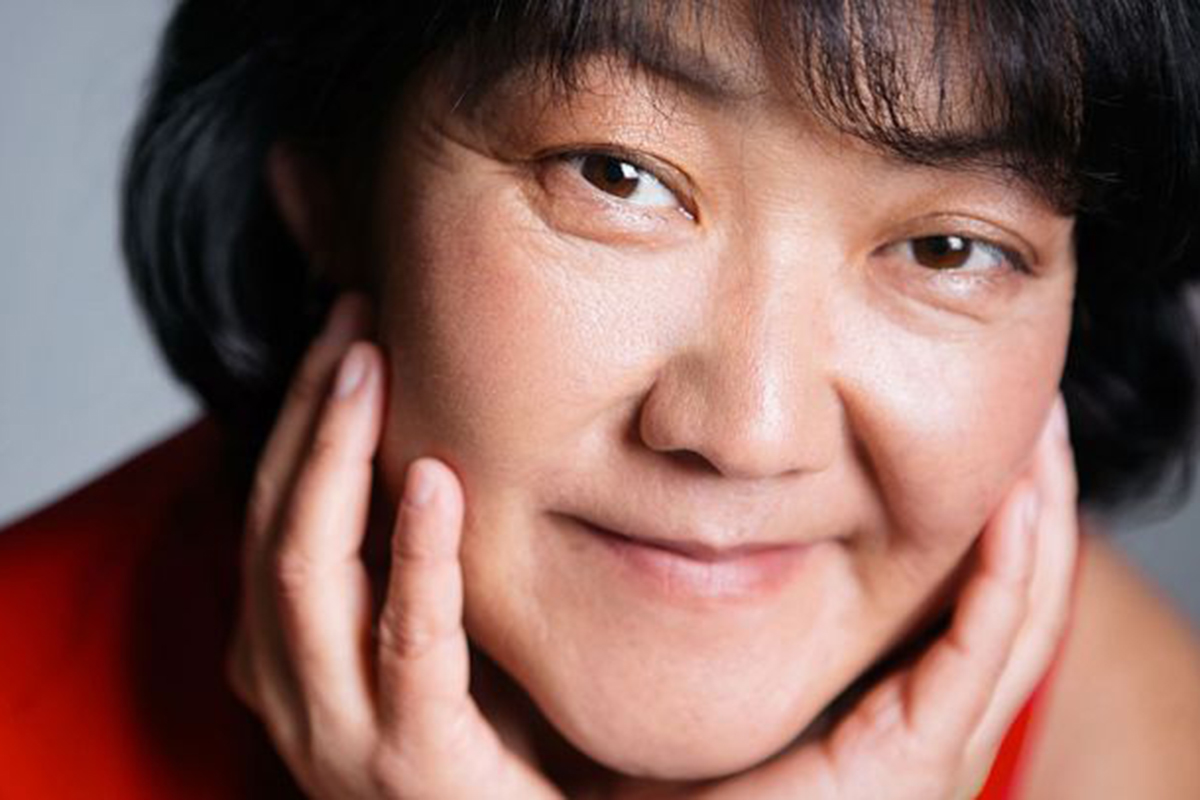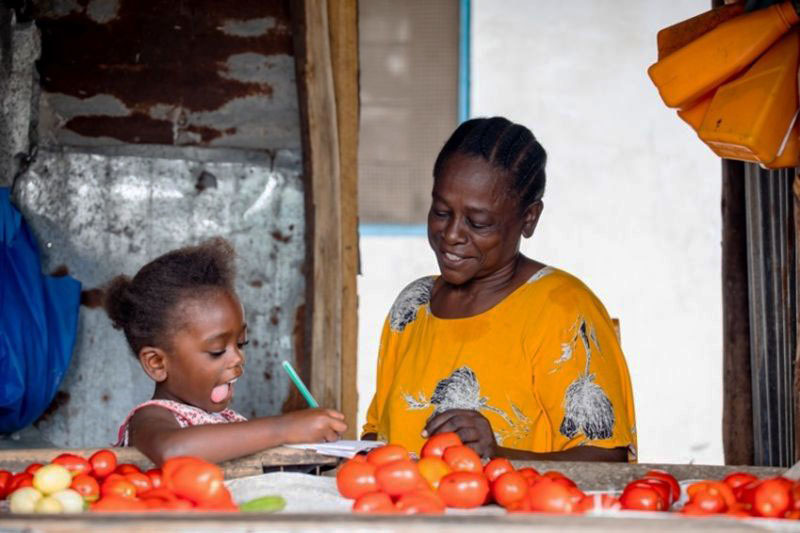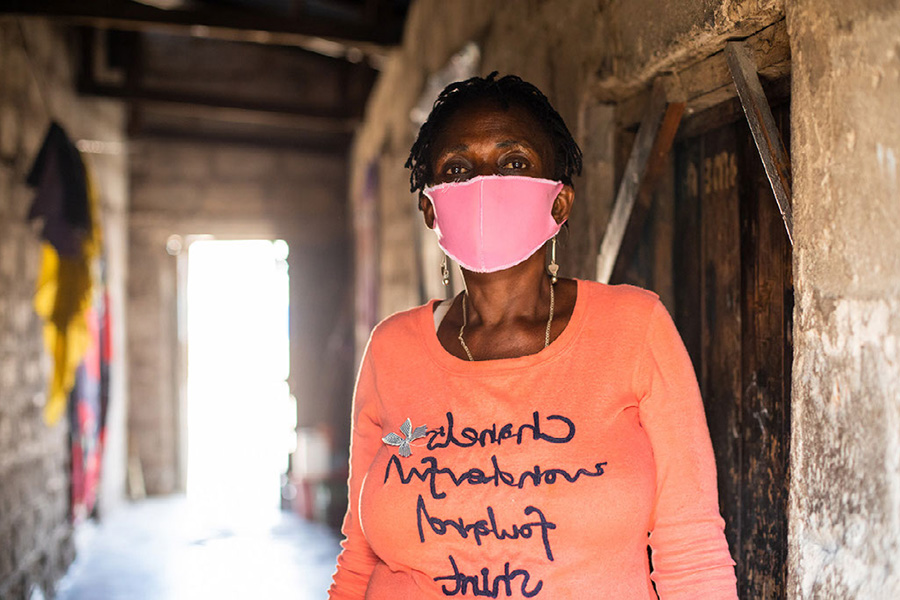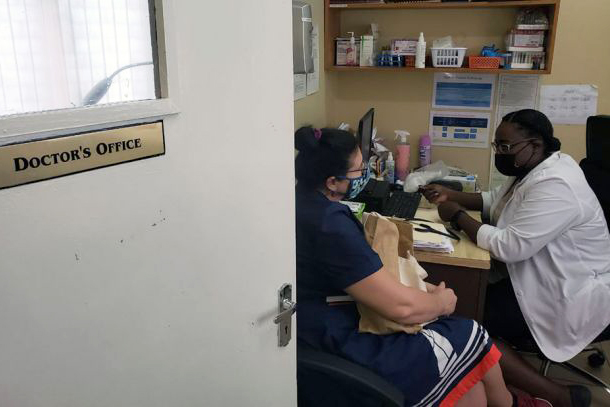Punitive laws have been shown to block HIV service access and increase HIV risk. Decriminalization is a critical element to end AIDS by 2030.
UNAIDS
UNAIDS reports that most of the 150,000 new HIV infections among children in 2020 could have been prevented. A strong start would be to better engage women and girls at significant risk of acquiring HIV infection in integrated antenatal care and HIV services, including HIV prevention and testing, delivered at the local level, and to ensure that those who are HIV-positive receive treatment before pregnancy. Nearly 65,000 child infections occurred in 2020 because women already living with HIV were not diagnosed during pregnancy and did not start treatment.
Globally, the testing and treatment targets for 2020 were almost reached among adult women (15 years and older) living with HIV. Men living with HIV, however, are consistently faring worse than women across the HIV testing and treatment continuum. Compared to women living with HIV, there are 740,000 more men living with HIV who do not know their HIV status, 1.3 million more men, who are not on treatment and 920,000 more men, who are not virally suppressed. While gender norms that prize male strength and stoicism may partly explain why many men delay seeking care, other factors are also at play.
"I would love for every transgender parent to love their kids, regardless of who they are," says Queen Acapel Mbanusi of Nigeria, as part of the #SeeMeAsIAm campaign.
In the 2000s millions died waiting for the first ARVs until knowledge was shared, intellectual property barriers were overcome, and production was globalized. Yet for COVID-19 vaccines and many new HIV technologies that path is being blocked—and we are repeating mistakes of the past. The world will remain unprepared to end AIDS, unprepared to fight COVID-19, unprepared for pandemics of the future, as long as monopolies prevent global access to the best science, from COVID vaccines to new HIV technologies. This is a call on the world to join a movement to ensure pandemic-science for HIV and COVID-19 reaches not just the rich, but all who need it.
All children deserve an equal opportunity to grow up in a safe and loving environment. Statistics show that transgender teenagers are much more likely to attempt suicide than teenagers whose identities match what is written on their birth certificates. The movie captures the pivotal moment of self-recognition. #SeeMeAsIAm
It has been 40 years since the first reported cases of HIV and 25 years since the creation of UNAIDS. Take a look at the momentous moments of the past four decades. From HIV meaning a certain death to the spectacular progress made with treatment and prevention... It is time to act now and end AIDS as a public health threat by 2030. It is possible.
On this Zero Discrimination Day join UNAIDS in raising awareness about the inequalities that prevent people from living a full and productive life and demanding that governments fulfil their commitments and obligations to end all forms of discrimination. Inequalities surrounding income, sex, age, health status, occupation, disability, sexual orientation, drug use, gender identity, race, class, ethnicity and religion persist around the world. We cannot achieve sustainable development and make the planet better for all if people are excluded from the chance of a better life.
UNAIDS reports that the Kyrgyzstan Constitutional Court excluded HIV from the list of diseases that prevent people from adopting children or becoming guardians or foster parents. The barrier to parenting for people living with HIV had been in effect for many years. The change—brought about by a joint effort of activists, lawyers and human rights defenders, but primarily by people who personally suffered from discrimination and fought for their rights—is a victory against stigma and discrimination against people living with HIV in Kyrgyzstan.
UNAIDS reports on the challenges faced by sex workers in Bangladesh and Myanmar as a result of the COVID-19 closure of brothels. Street-based sex work increases the risk of violence, condom-less sex and no pay or low pay. Sex workers are also experiencing increasing vulnerability to gender-based violence. Without a source of income, conflicts about finances arise resulting in abuse at the hands of spouses, partners and brothel owners. Other challenges include homelessness, stigma and discrimination from other forms of employment and restricted health services and screenings.
Every year, on 1 December, the world commemorates World AIDS Day. People around the world unite to show support for people living with and affected by HIV and to remember those who lost their lives to AIDS. In 2020, the world’s attention has focused on health and how pandemics affect lives and livelihoods. COVID-19 is showing once again how health is interlinked with other critical issues, such as reducing inequality, human rights, gender equality, social protection and economic growth. With this in mind, this year the theme of World AIDS Day is “Global solidarity, shared responsibility”.
HIV service providers in Jamaica have been challenged this year with responding both to new challenges caused by COVID-19 and long-standing service delivery stumbling blocks. CHARES had been used to writing three-month prescriptions for stable clients, but since COVID-19, state-run pharmacies have been dispensing only a one-month supply. The Comprehensive Health Centre serves a number of people living with HIV alongside those infected with other sexually transmitted infections. Here, too, multimonth dispensing has not been possible during COVID-19.
While recent data collection has shown that the COVID-19 pandemic has had a significant impact on HIV testing services, the impact on HIV treatment is less than originally feared. In a study conducted by UNAIDS, World Health Organization and United Nations Children's Fund, only five out of 22 countries reported monthly declines in the number of people on treatment after April—these include Zimbabwe in June, Peru and Guyana in July, the Dominican Republic in April, and Sierra Leone in May through to July. The remaining 18 countries did not show a decline and some countries showed a steady increase (e.g. Kenya, Ukraine, Togo and Tajikistan).

